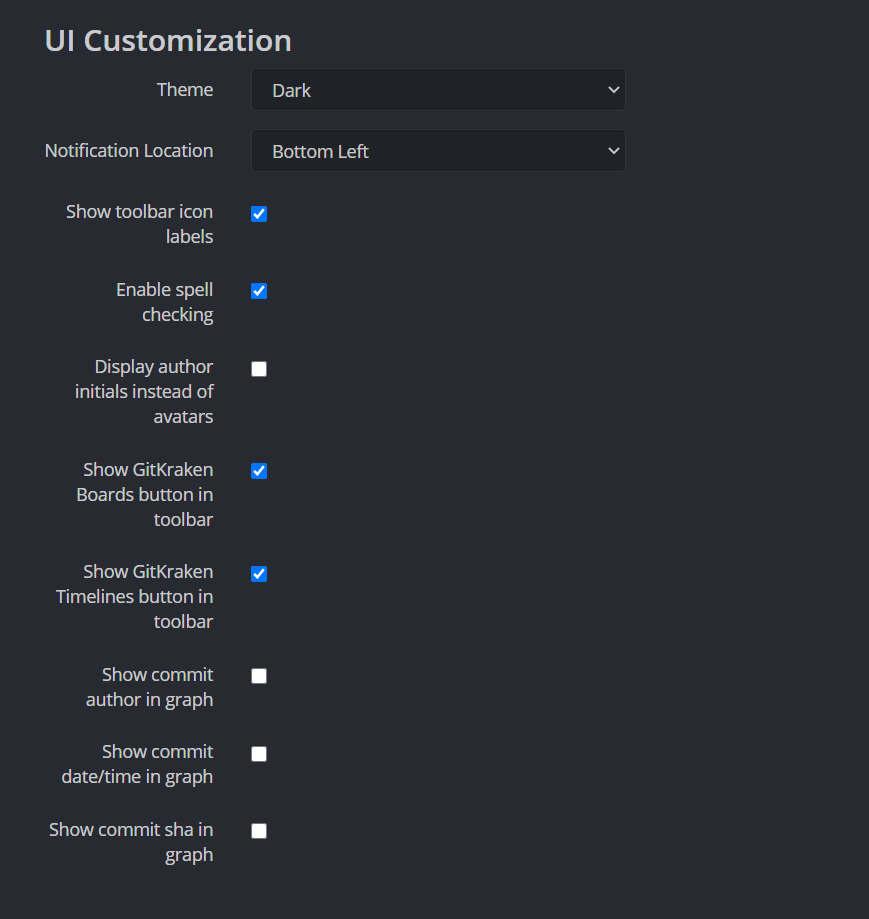
Obviously the quality and usefulness of these will vary.
#Gitkraken edit over ssh software
This is pretty good software which will manage your local repositories. However, it does have the steepest learning curve, especially if you don’t already know the command line. If you have familiarity with a unix command line, this is the approach for you. This is the original and most powerful version.
#Gitkraken edit over ssh how to
There are 4 major choices of how to interact with Github: (This can be either a new, blank repository or a work-in-progress repo.)

We’ll assume you have a repository on Github that you want to clone. This visualization is a slight tweak from It might help to visualize the different status each change can be in and how to move between the stages. (For new files, this can be known as “checking in”.)
#Gitkraken edit over ssh update
If you have not made any changes to your local repository since your last pull (or the initial clone), this will simply update your code. Pull: After you’ve cloned the remote repository, you pull from it to update your local repository to the most current version.You do this only once (per local machine, and assuming you don’t erase the entire local repository and start over) think of it as an initialization step. Clone: Creating a copy of the remote repository on your local machine.

In most situations, you work with local repositories before contributing the changes to the remote repository. We often differentiate between “remote repositories” which lives on Github and “local repositories” which are copies (or clones) of the remote repository that live on local machines. Think a folder, but with special settings and features. Repository: A collection of files which are kept together.edu address, or use Bitbucket or Gitlab which both support unlimited private repos.īefore we dive too deeply, let’s define some terminology:

If you have a need for private repos, you can pay for an account on Github, or sign up with a. (You of course can either give a set of users permission to make edits without you approving them, or you can disapprove a specific edit if you don’t agree.) Git and other version control started with open source software which thrive in public environments. On Github, the default for repos is Public, that is, anyone can see them and anyone can ask you to accept their edits. However, using Github (or the others) allows you store this on a server so that you can access anywhere or share. You can use Git without ever using an online host like Github you would still get the benefits of saved backups and a log of your changes. Your email exists in the absence of Gmail, but using Gmail for your email provides numerous benefits. Github and others (Bitbucket, Gitlab) are online hosts for your git project.


 0 kommentar(er)
0 kommentar(er)
